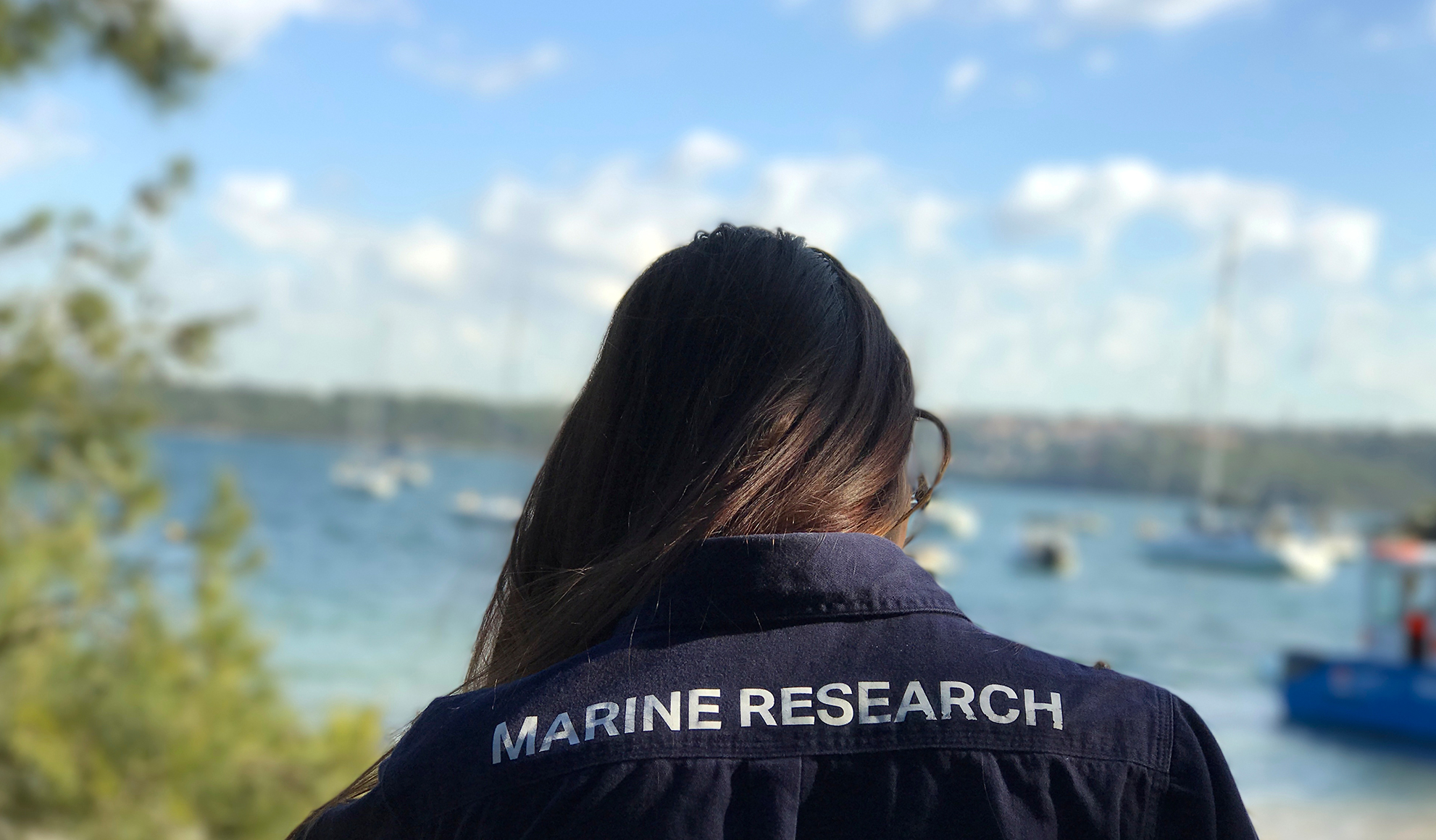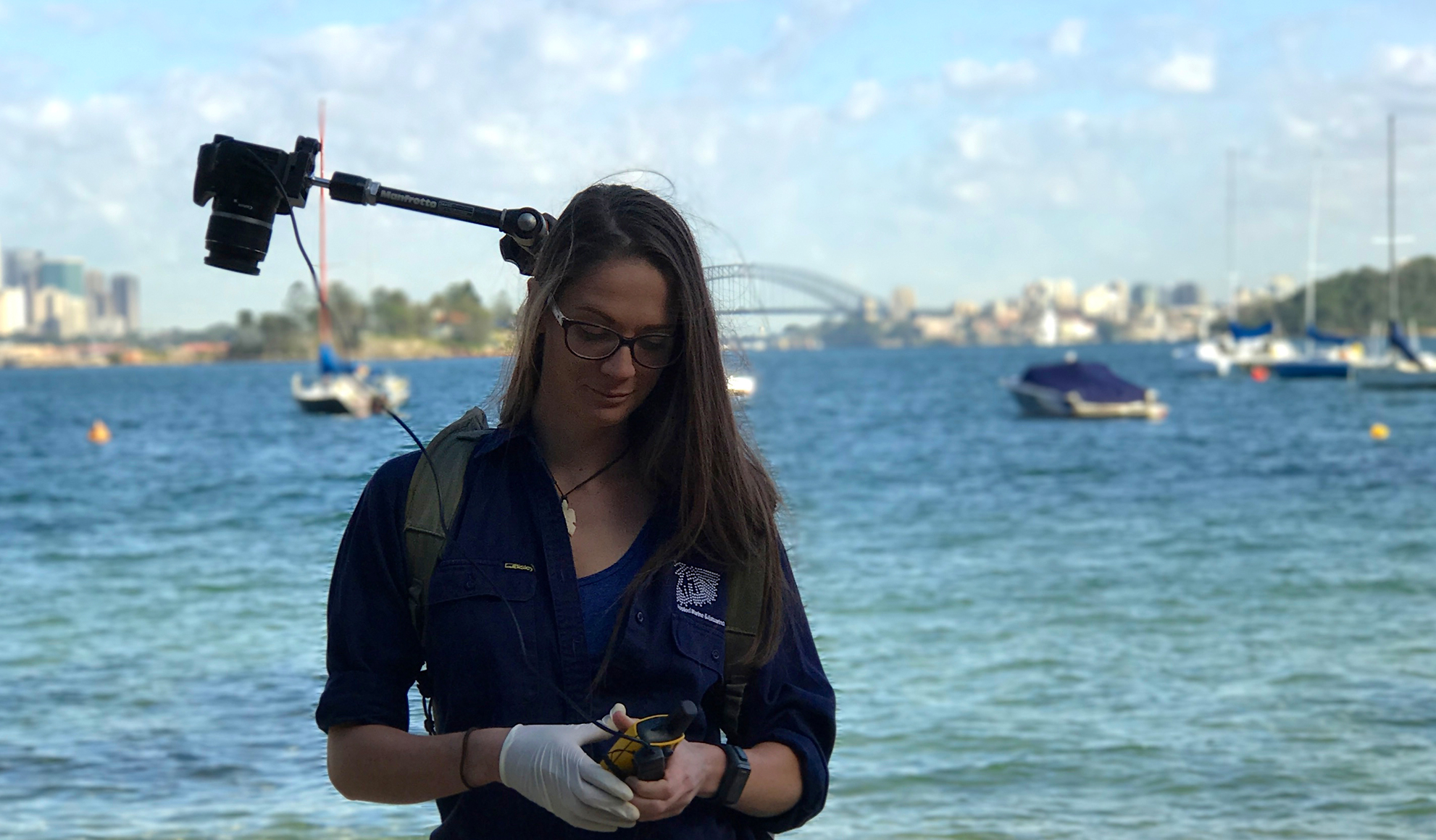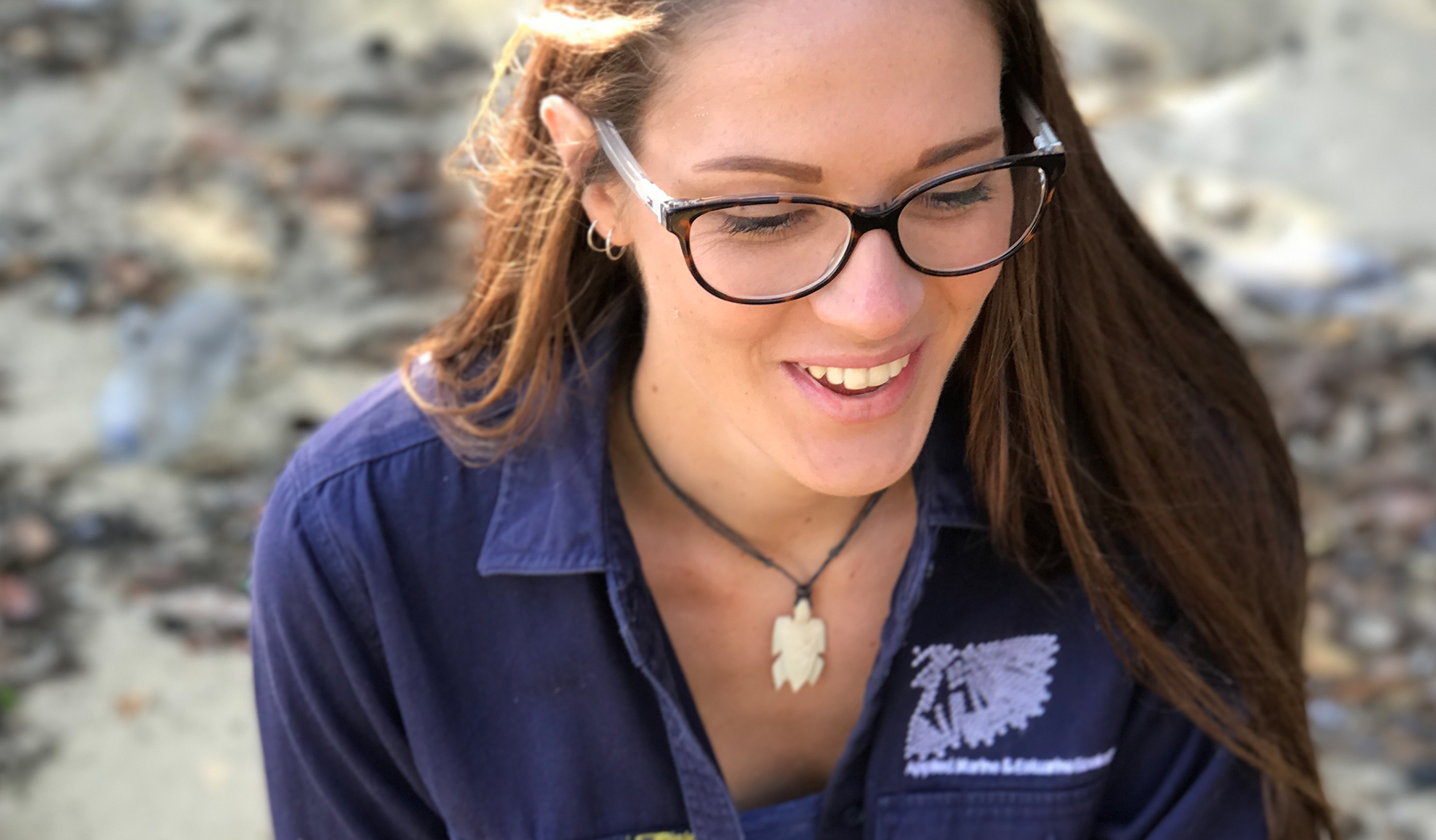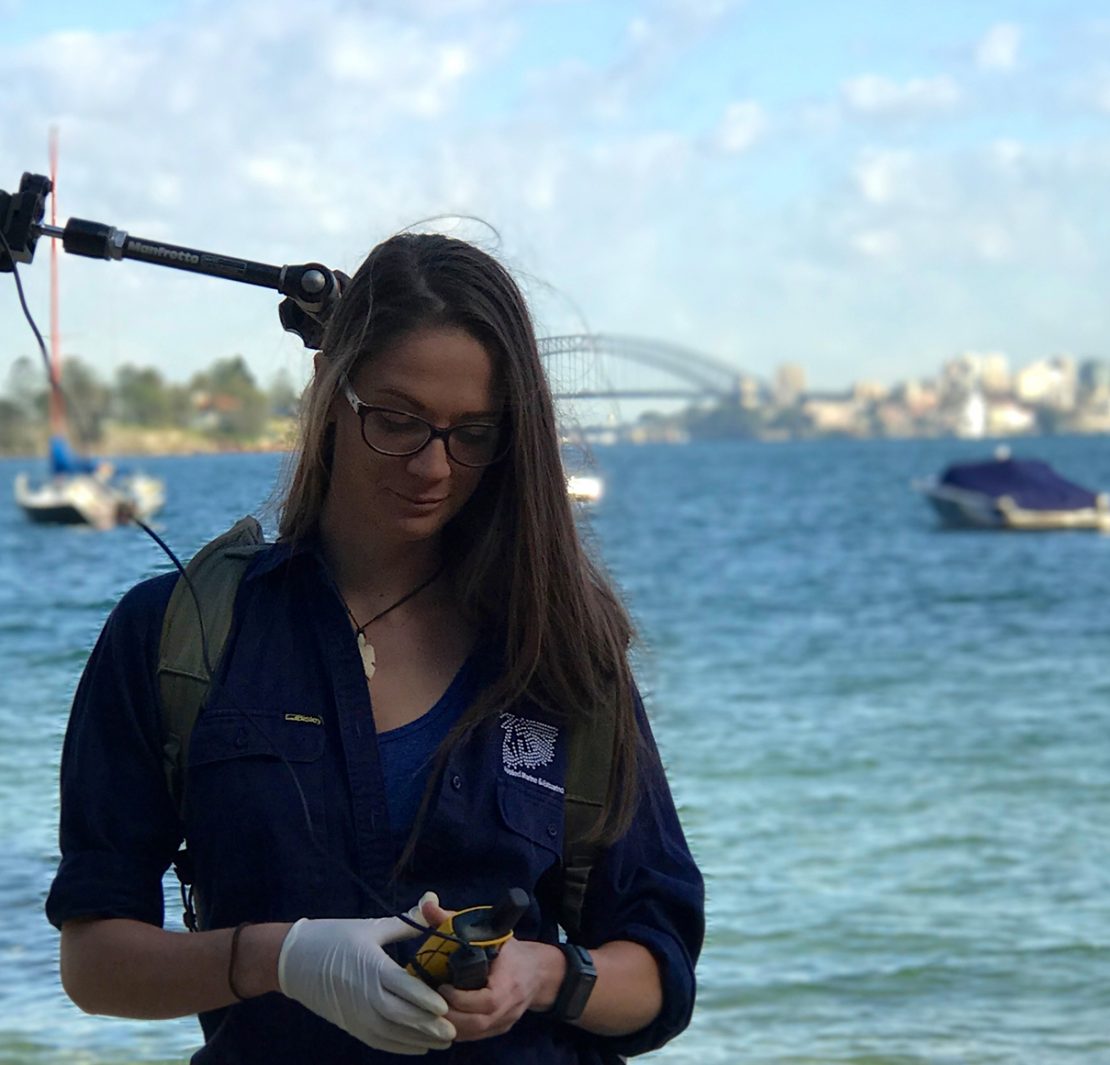FN: What did you study? Jess Merrett: I have been studying for seven years so far! I spent three years completing an undergraduate degree, which was a Bachelor of Science. This was followed by an additional year of study undertaking honours. It is a requirement to study honours or masters before starting a PhD. I am currently half way through my PhD in marine contamination. A PhD in marine contamination… what’s that about? Marine debris, which is any persistent man-made item that has found its way into the marine environment. The aim of my project is to provide information about the main sources and types of rubbish, so that councils can better manage cleaning the beaches. Some of the most common debris items include plastic fragments and cigarette butts. But, about 70% of the rubbish on our beaches and in our waters is plastic. The problem is that it can take thousands of years for a plastic item to disintegrate. Marine debris can pose health risks, it can also affect rates of tourism and animals may ingest it (so eat it), or become tangled in it. How do you work out how much rubbish is on our beaches? I actually have almost 50,000 photographs of rubbish on all of the beaches within Sydney Harbour! From these photographs I will count the number of rubbish items found, categorise them and work out the density of items per m2. What do you think does need to be done? We need scientific observations of the distribution and amount of different rubbish types and to find out where most of the rubbish is coming from, and how it is getting into the marine environment. This information can be used to help policy makers and councils reduce the amount of waste in the environment. So what about micro plastics? Microplastics are tiny plastic particles <1mm in size. They come from the breakdown of larger plastic items but microbeads are also of serious concern. These are small beads of plastic manufactured for use in products such as face wash and toothpaste. One bottle of face wash can contain as many as 300, 000 microbeads! Those micobeads go down the drain and then end up in our waterways and ingested by animals in the marine environment. They are so small that they fit through gaps in the council rake when they clean the beach and they are not captured in the gross pollutant traps on storm drains. Banning microplastics will help rid the small beads…. But then we also have nurdles. Nurdles are how plastic is made and transported. What do you mean? Nurdles are small pellets of plastic, about the size of a lentil. They are shipped in containers that store billions of them. A manufacturer will melt them together into the shape of the plastic item they are making. The problem is, due to spills during transit a vast amount of nurdles are finding their way onto our shores.


So we can’t do anything about the manufacturing of nurdles, what do we do?
The problem is with how much plastic we use. But you can make a difference! All it takes is a few small lifestyles changes! You may have heard of the three R’s: Reduce, reuse, and recycle. The main priority is to reduce the amount of plastic waste being used. You can do this by saying NO to plastic bags; take your own fabric bags to do your shopping. You can also buy a stainless steel drinking bottle to refill, or at least try and reuse items like plastic bottles and learn to recycle properly.
What about the bag debate. Do you think plastic bags will get banned?
I hope so. I believe that major policy changes, like banning plastic bags are the most effective way to reduce the amount of plastic finding its way into the environment.
Currently we use ten million plastic bags per day in Australia and only 3% of them are recycled.
Why were you interested in conservation?
I love the environment. I love nature. We rely on a healthy environment to survive and we need to learn to co-exist with it in a sustainable way. I believe that our environment is worth preserving and this is how I can contribute to it.
Is there anything that frustrates you about your job?
Being a scientist is not easy. I do a lot of physically exhausting fieldwork and sometimes need to work long hours doing repetitive tasks in the lab. Also, having intimate knowledge of the problems of the oceans, often things that a lot of the public are unaware of, can at times be frustrating. In my line of work I am so aware of the impact that our day-to-day behaviours have on the oceans, and it is hard to escape that. But, I love my job and the reward is worth the effort.







